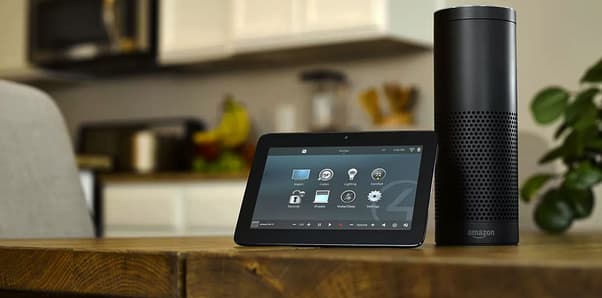Voice control has quickly become one of the most exciting advancements in home automation, thanks to the rise of virtual assistants like Amazon Alexa, Google Assistant, and Apple Siri. These smart assistants are transforming the way we interact with our homes, allowing users to control everything from lighting to security systems with simple voice commands.
As virtual assistants continue to gain popularity, they are making home automation more convenient and accessible to a wider range of users. Whether it’s turning off the lights, adjusting the thermostat, or setting up a morning routine, voice control is revolutionizing the smart home experience by putting control literally at the user’s fingertips—without needing to lift a finger.
How Virtual Assistants Simplify Home Automation
Virtual assistants have revolutionized home automation by making the control of smart devices easier, faster, and more intuitive. Instead of manually adjusting settings or using multiple apps, virtual assistants like Amazon Alexa, Google Assistant, and Apple Siri allow users to manage their homes with simple voice commands.
One of the biggest advantages is the ability to perform common tasks with ease. Whether it’s turning off the lights, adjusting the thermostat, or locking the doors, these assistants can execute commands instantly without requiring physical interaction. For example, with a simple voice command like “Alexa, dim the lights,” the lighting can be adjusted while the user is across the room or even in a different part of the house.
Virtual assistants also enable users to create automated routines, streamlining multiple actions into a single command. For instance, users can set up a “Good Morning” routine that adjusts the thermostat, turns on the lights, and starts the coffee maker with one simple voice command. Similarly, a “Good Night” routine can turn off all the lights, lock the doors, and lower the thermostat—all at once. These routines help personalize the home environment and make daily tasks more efficient, allowing users to focus on more important activities.
Security and Privacy Concerns

While virtual assistants bring great convenience to home automation, they also raise important security and privacy concerns. These devices constantly listen for voice commands, which can lead to potential vulnerabilities if not properly managed.
One major concern is data privacy. Virtual assistants like Alexa, Google Assistant, and Siri process voice commands by sending them to cloud servers, where they are analyzed and stored. This means that voice interactions are recorded and could be accessed or misused if security measures are not in place. Some users worry about the potential for unauthorized access to their data, whether through hackers or the companies that operate these virtual assistants.
Since virtual assistants are connected to various smart home devices, a breach in security could allow outsiders to control critical systems like locks, cameras, and thermostats. For example, if someone gains access to your virtual assistant, they could potentially unlock your doors or turn off your security system.
Additionally, there are concerns about accidental activation. Virtual assistants are designed to listen for specific wake words, but they may sometimes misinterpret background conversations as commands, leading to unintended actions or recording of private conversations. Users can adjust the sensitivity of wake words or even mute the assistant’s microphone when privacy is especially important.

Comparison of Leading Virtual Assistants
When it comes to home automation, Amazon Alexa, Google Assistant, and Apple Siri are the top contenders, each offering unique strengths and features.
Amazon Alexa
Known for its wide compatibility with thousands of smart home devices, Alexa is one of the most versatile options. It supports a broad range of third-party integrations, making it ideal for users who want flexibility in their smart home setup. Alexa also offers excellent customization through routines and voice commands.
Google Assistant
Google Assistant excels in its AI-powered search capabilities and natural language processing, making it highly accurate in understanding commands. It integrates seamlessly with Google’s ecosystem (Google Home, Chromecast) and is great for users already invested in Google services. Its smart suggestions and contextual responses are also a strong point.
Apple Siri
Siri is best suited for users within the Apple ecosystem. It offers strong privacy protections and smooth integration with Apple products like the iPhone, iPad, and HomeKit-enabled devices. While Siri may have fewer third-party device integrations compared to Alexa and Google Assistant, it provides a seamless experience for dedicated Apple users.
Each assistant offers a distinct user experience, with Alexa excelling in device compatibility, Google Assistant in voice command accuracy, and Siri in privacy and Apple ecosystem integration. Your choice largely depends on your existing devices and the level of integration you require.
